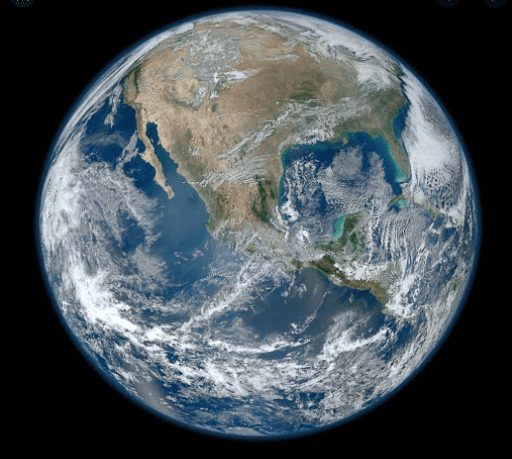Just like most of the globe’s citizens, apparently, the Earth just wanted 2020 to finish up. Our planet completed its revolutions faster than at any time since 1960, according to scientists, speeding to establish the 28 “fastest” days on record in 60 years. So, it’s the end of times? Nah. A story in LiveScience reports:
“That’s not particularly alarming—the planet’s rotation varies slightly all the time, driven by variations in atmospheric pressure, winds, ocean currents and the movement of the core. But it is inconvenient for international timekeepers, who use ultra-accurate atomic clocks to meter out the Coordinated Universal Time (UTC) by which everyone sets their clocks. When astronomical time, set by the time it takes the Earth to make one full rotation, deviates from UTC by more than 0.4 seconds, UTC gets an adjustment.”
Whew. Got it? Those small shifts are a “leap second” added to the year at the end of June or December to bring “time” back in line. In 2020, Earth did its rotation thing in 1.4602 milliseconds less than the usual 86,400 seconds. Could you feel it?
Before the “quick” 2020, the planet’s rotation has been slowing and, since 1972, scientists have added leap seconds about every year-and-a-half, on average, according to the National Institute of Standards and Technology (NIST). The last addition came in 2016, when on New Year’s Eve at 23 hours, 59 minutes and 59 seconds, an extra “leap second” was added.
So this may cost us all a precious second of our lives soon.
“It’s quite possible that a negative leap second will be needed if the Earth’s rotation rate increases further, but it’s too early to say if this is likely to happen,” physicist Peter Whibberley of the National Physics Laboratory in the U.K., told The Telegraph.


















Add comment